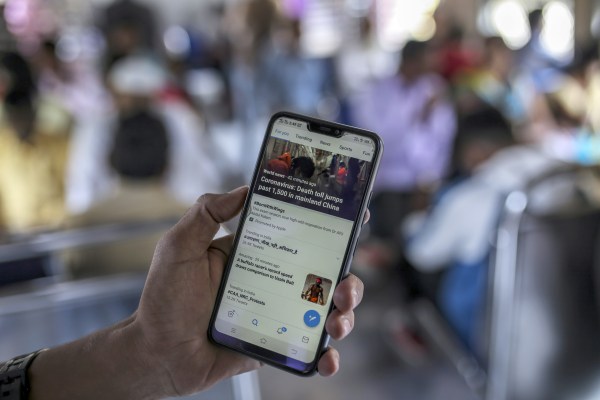
Seven lessons in the future of digital journalism
Seven recent stories from around the web — and the underlying themes they represent
Last week, I kicked off a brand new module for City's Masters in Interactive Journalism: Audience Strategy. As part of the module, I'll be expecting students to paying attention to what's happening elsewhere in media, so they can learn from it.
And, to lead by example, I gave them a short presentation on seven stories that could impact their thinking, as I'll be doing again this Friday From the week after, they'll be doing it…
However, having done the work, I thought these seven lessons might be of more general interest. Here they are:
Lesson 1: Look outside the your home territory
We can be very narrow in our view of competition sometimes, both in terms of style of media, and geography. I've been lucky enough to be a judge in the WAN-IFRA Asia awards for the last couple of years, and the work going on in India, in particular, is fascinating.
This move by Twitter, to take one of its least discussed products and integrate it into a growing regional platform to help it gain reach is interesting — and shows the way that Twitter could develop in future.

Lesson 2: Big publishers often struggle to listen to expertise
You've got to feel sorry for the head honchos at many publishers. They fought and struggled and competed their way to the top of these organisations, only to find that whole new sets of skills are needed to thrive in the modern media ecosystem. Sometimes, they hire well and listen to their hires. Sometimes they hire well and fail to listen. That's what appears to have happened here.

Lesson 3: Opinion columnists are like explosives: powerful, but dangerous
I have a longer piece brewing on this, but I'm increasingly convinced that opinion columnists are a dangerous luxury for news brands. Yes, they bring traffic. But they also bring reputational damage. That The Telegraph let someone like Toby Young, with no relevant expertise at all opine so damagingly on something so very important is a serious editorial failure.
But we should be asking deeper questions about the role of the professional hot take merchant in an age of atomised content. After all, many readers can't tell option and reporting apart. Can we afford this provocative luxury any more?

Lesson 4: Journalism involves hard choices
Do we ignore anti-vaxxers, preventing people being exposed to their rhetoric? Or do we refuse to publish them, possibly fuelling the conspiracy theorist's sense that they're being persecuted for truth telling. There's no perfect answer: but there might be a correct one.

Lesson 5: Cognitive biases are powerful
Mere fact-checking is not enough. Some people will change their views when exposed to challenging facts. Some… won't. (I wrote in depth about this last week.)

Lesson 6: Don't write off tech too quickly
People have been writing off Facebook Instant Articles for a while now. But this experiment shows that they might well be worth a fresh look.

Lesson 7: Journalism is surprisingly herd-like
Forbes has form for piling into a trendy space. Its contributor network was essentially bringing blogging into their editorial product, using external contributors paid by traffic. And now they're doing the same for newsletters. Potentially quite lucrative for both parties involved — but could it carry the same reputation risk that the contributor network has?

Sign up for e-mail updates
Join the newsletter to receive the latest posts in your inbox.

















